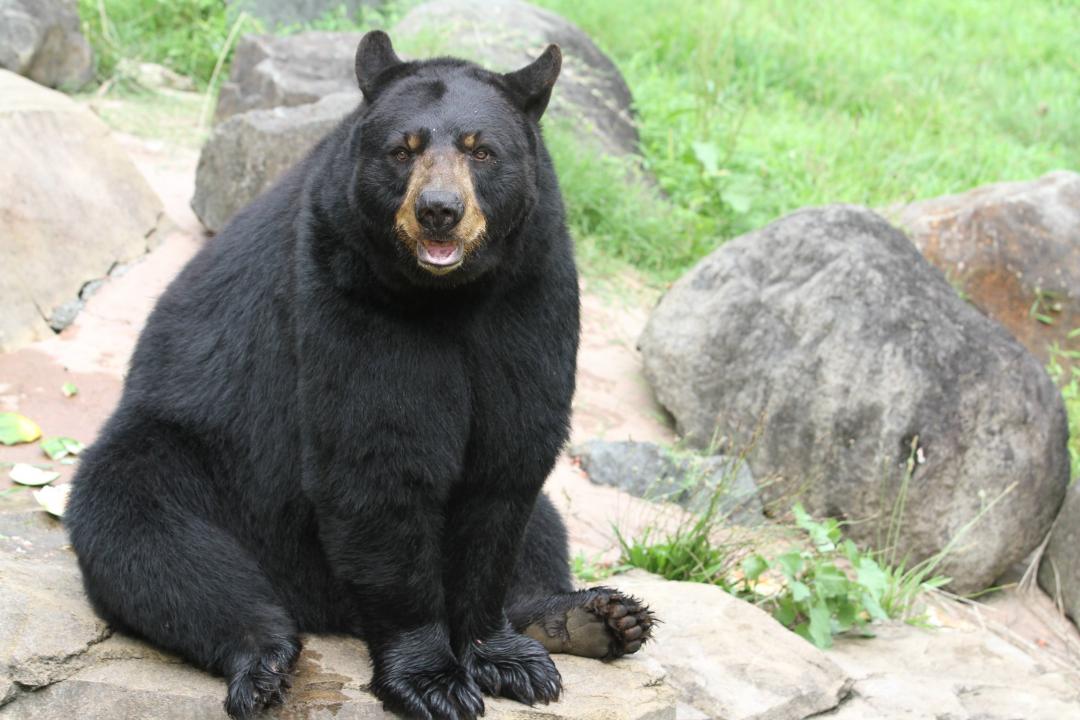The announcement of the passing of a cherished black bear was made by the Museum of Life and Science on Monday.
Gus, an 18-year-old American black bear, had been an integral part of the museum community since 2006.
Following an assessment by veterinarians from the North Carolina State University College of Veterinary Medicine, an inoperable cancerous mass near Gus’ heart and lungs was discovered. As a result, he was humanely euthanized on Wednesday.
The decision to euthanize Gus was made by the team after observing a significant shift in his behavior, prompting a physical examination by veterinarians. Given the prognosis of the mass, coupled with Gus’ age and health status, the difficult choice was made to end his suffering. The museum mentioned that the animal care staff had the opportunity to bid farewell to Gus.
Sherry Samuels, Senior Director of Animal Care, fondly recalled Gus as a unifying presence, stating, “Gus was one of those souls that brought people (and bears) together. His interactions with other bears, young and old, as well as his individual quirks, evoked a range of emotions from all of us.”
Gus’ remains and cells will be contributed to various cancer research institutions with the shared objective of advancing cancer understanding and treatment in both human and animal populations.
Originally arriving at the Museum in February 2006 from the Virginia Department of Game and Inland Fisheries as a 5-month-old cub, Gus found a permanent home when it was determined that he could not be released back into the wild.
Referred to affectionately as “Mama Gus” by staff and visitors, Gus played a pivotal role in nurturing several of the museum’s bears as they matured. Little Bear, Murray, and the late Yona benefitted from Gus’ guidance, learning essential bear behaviors from him.
Despite the profound sense of loss, Samuels expressed gratitude for Gus’ positive impact on many lives. She also extended appreciation to the veterinary team for their compassionate care during Gus’ final moments. Samuels acknowledged that Gus’s legacy will endure through the countless individuals who were touched by his presence.
The museum conveyed that Gus will be dearly remembered by both the staff and guests. He is survived by Mimi (20), Little Bear (3), and Murray (1) – the three remaining black bears at the museum.
